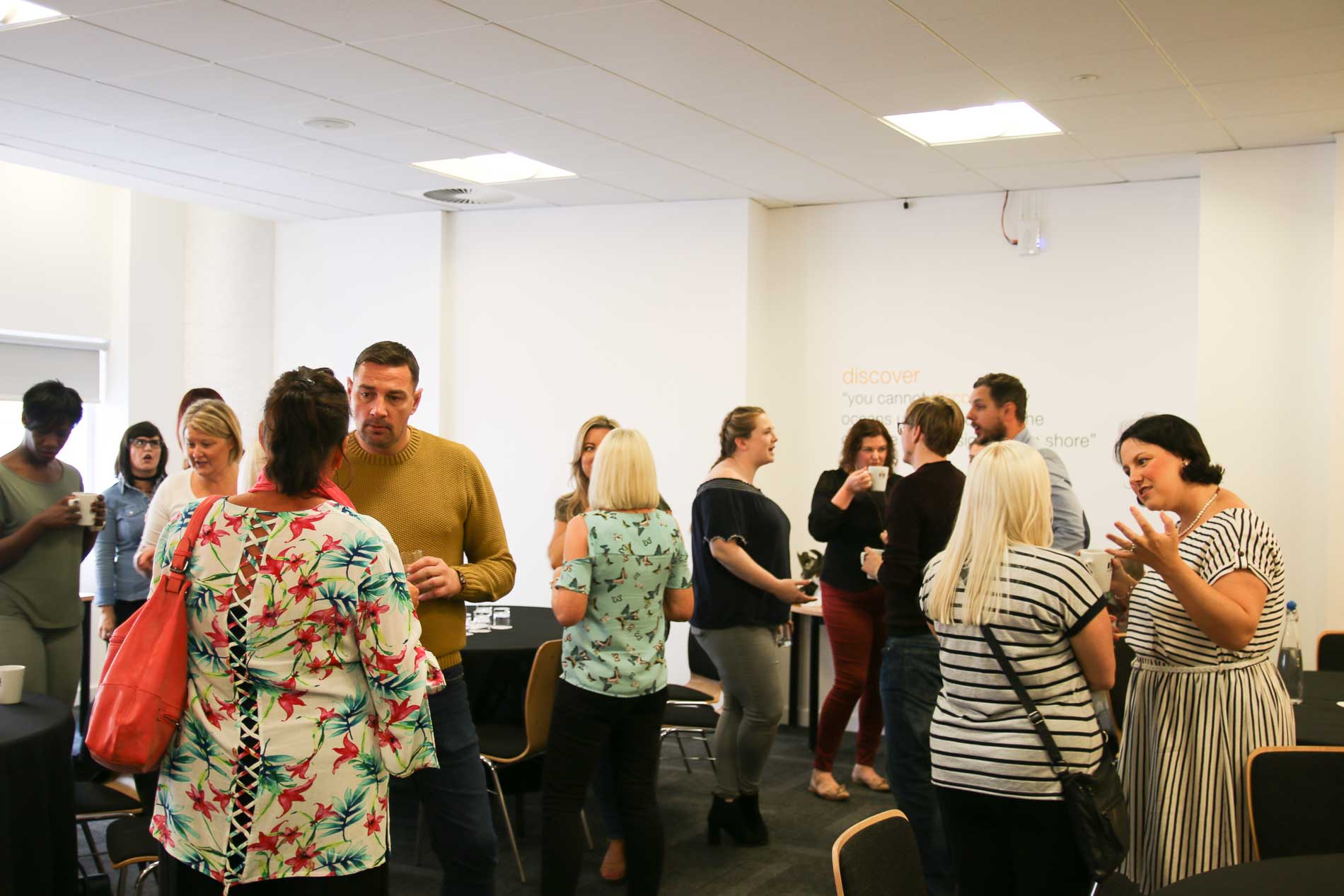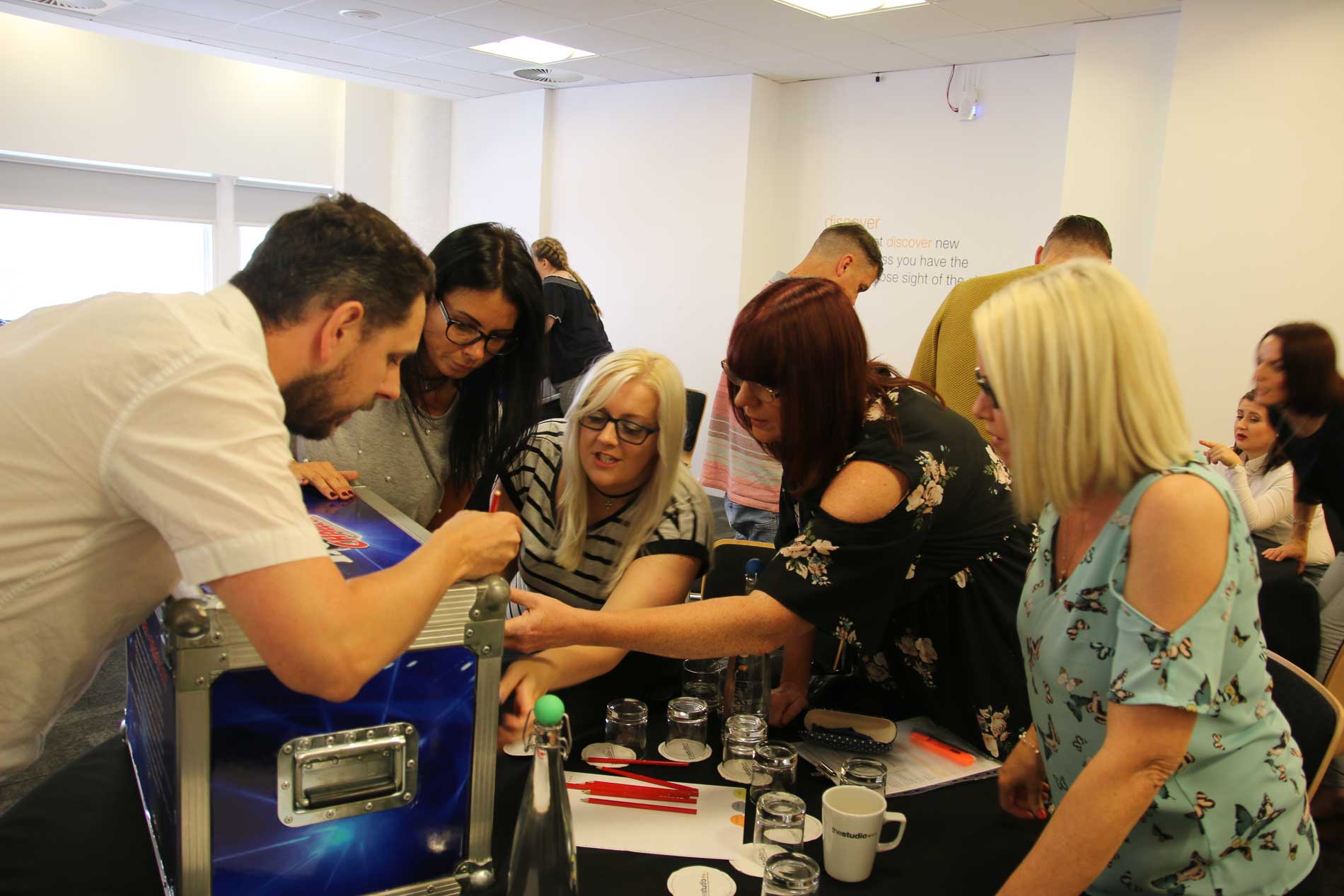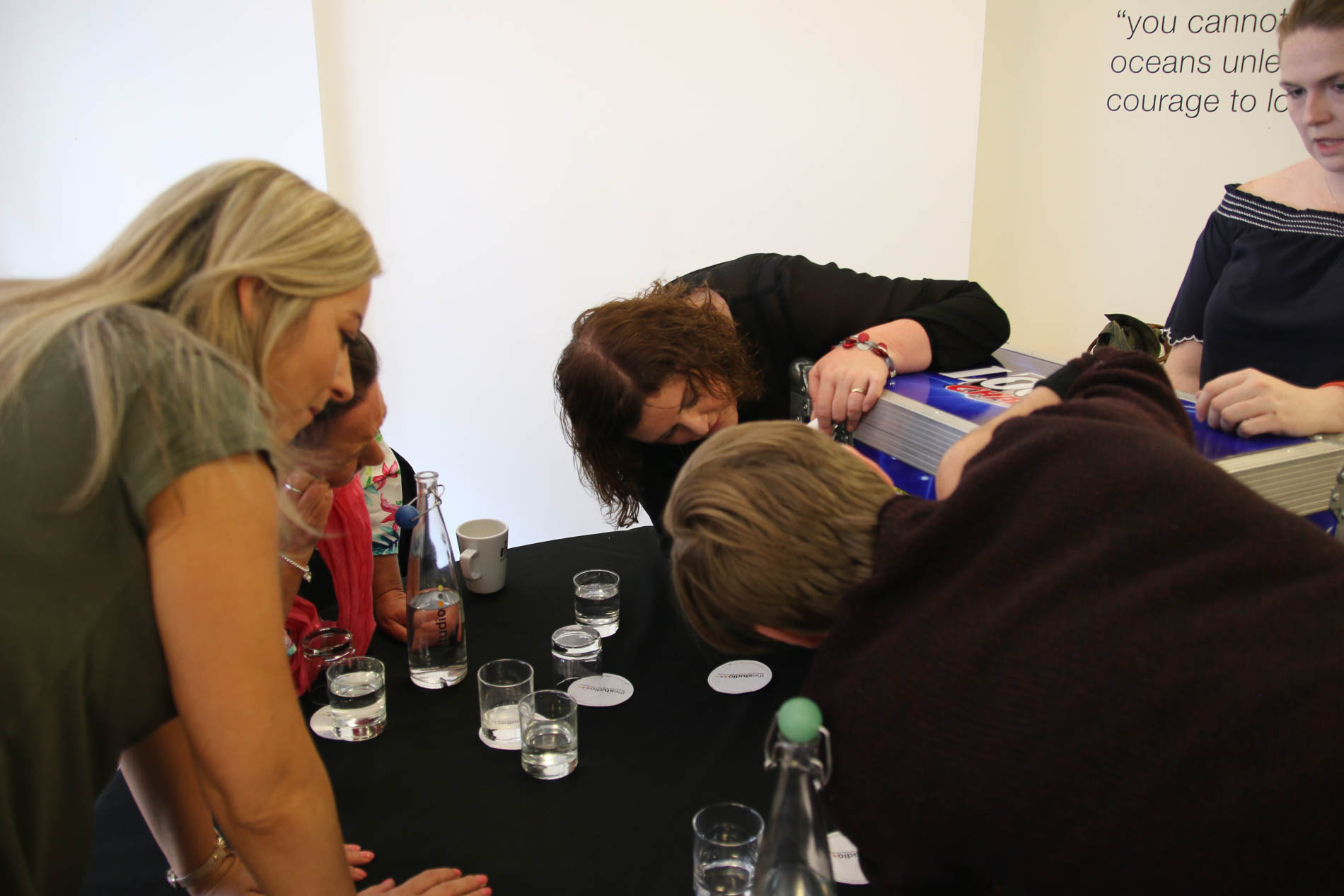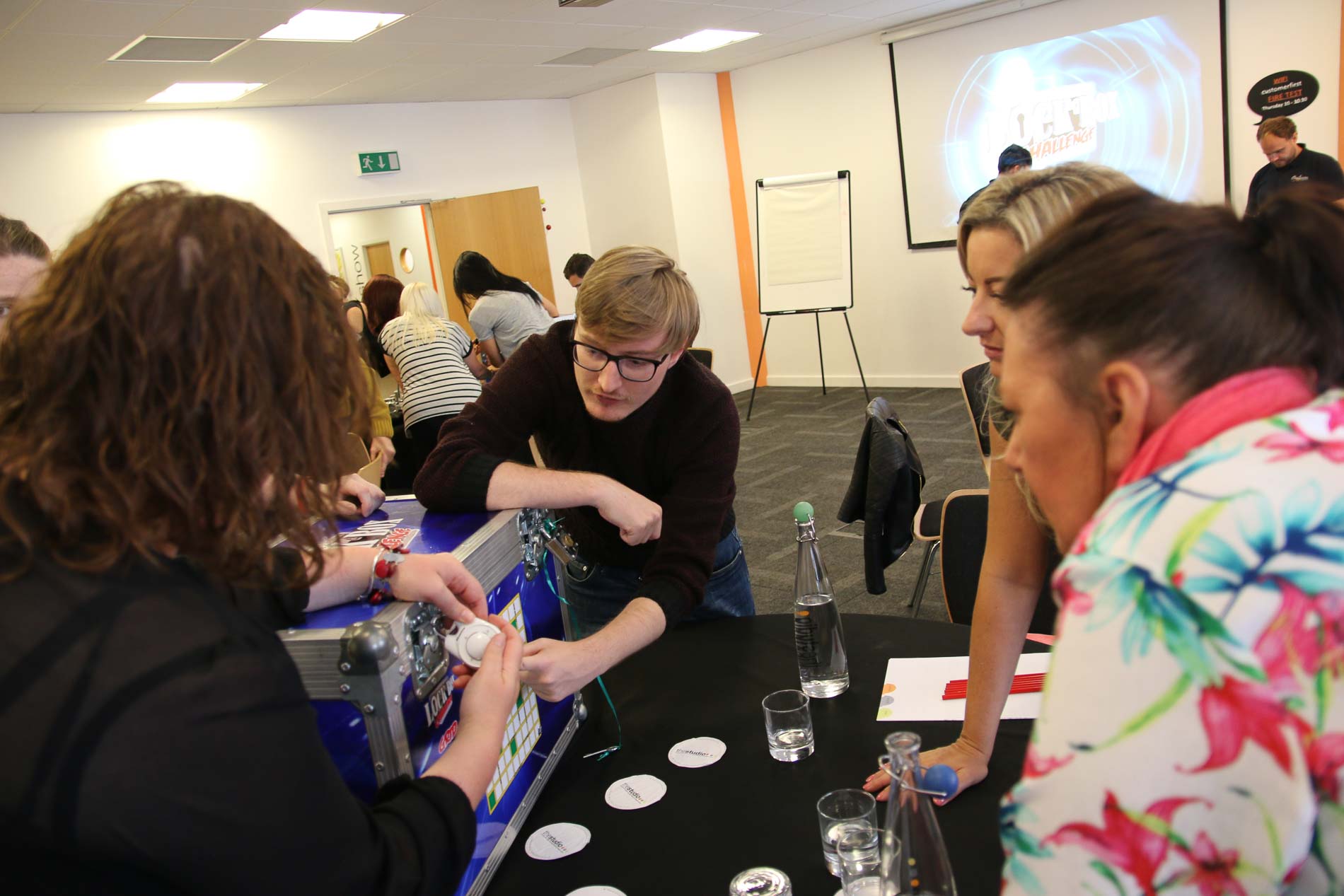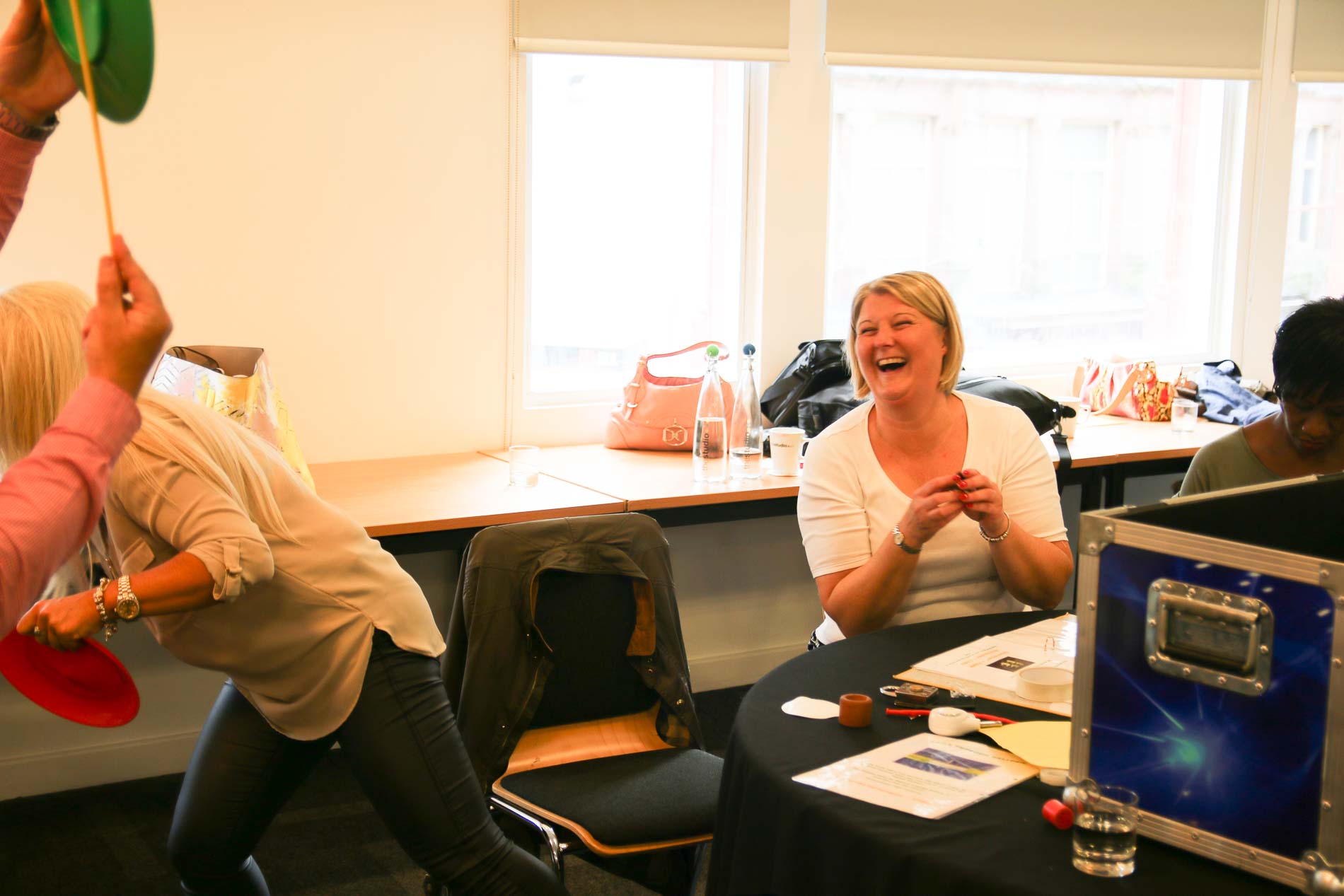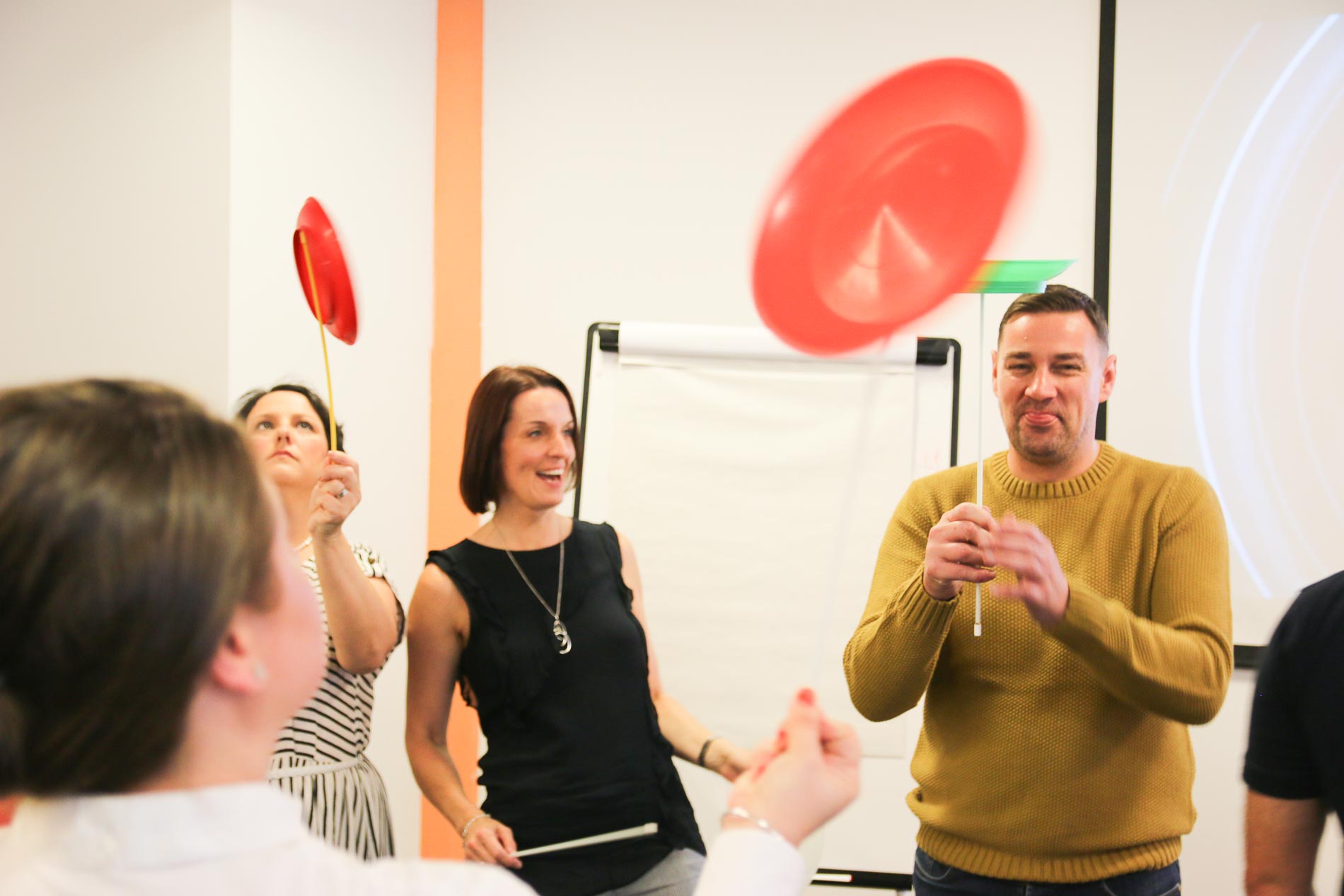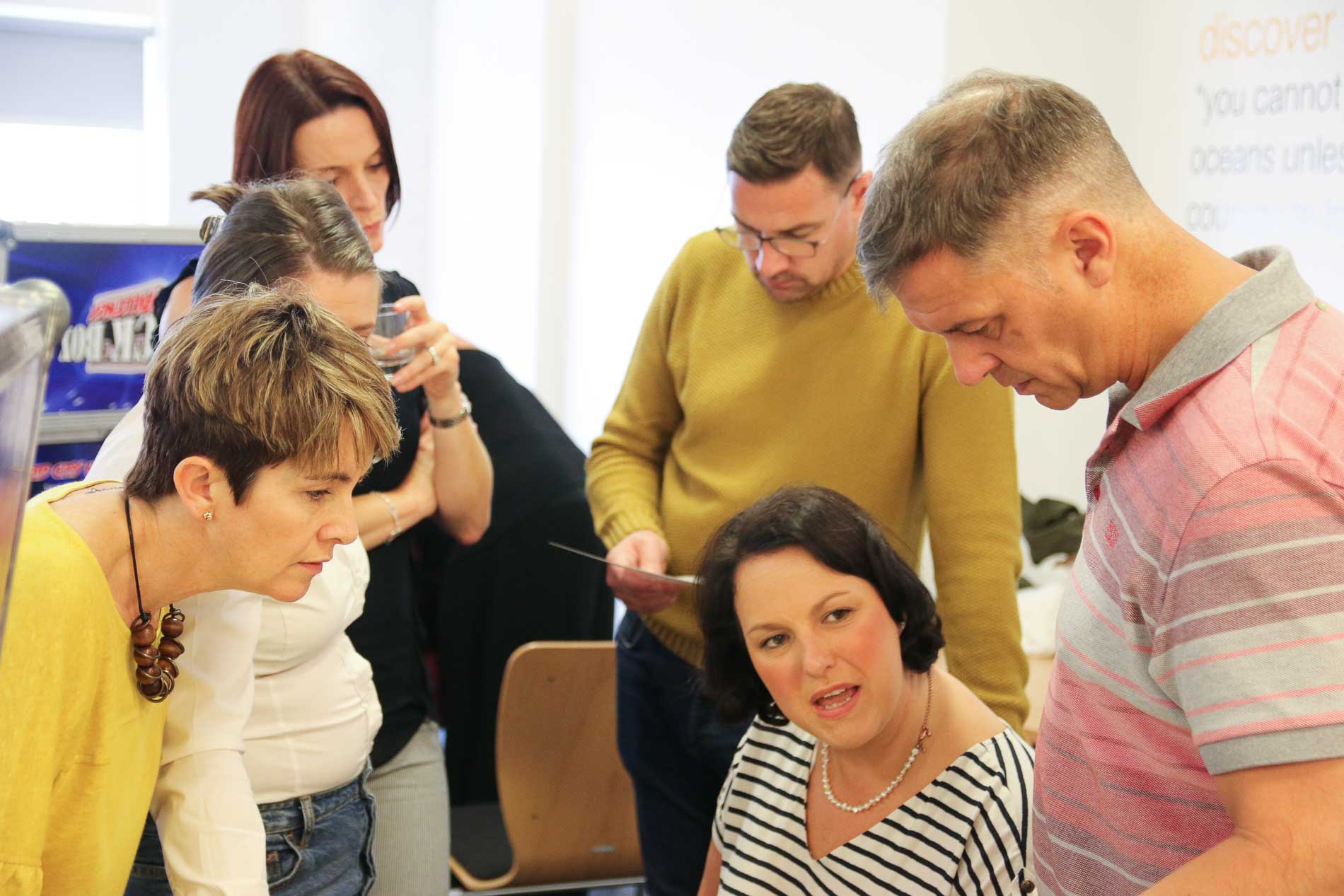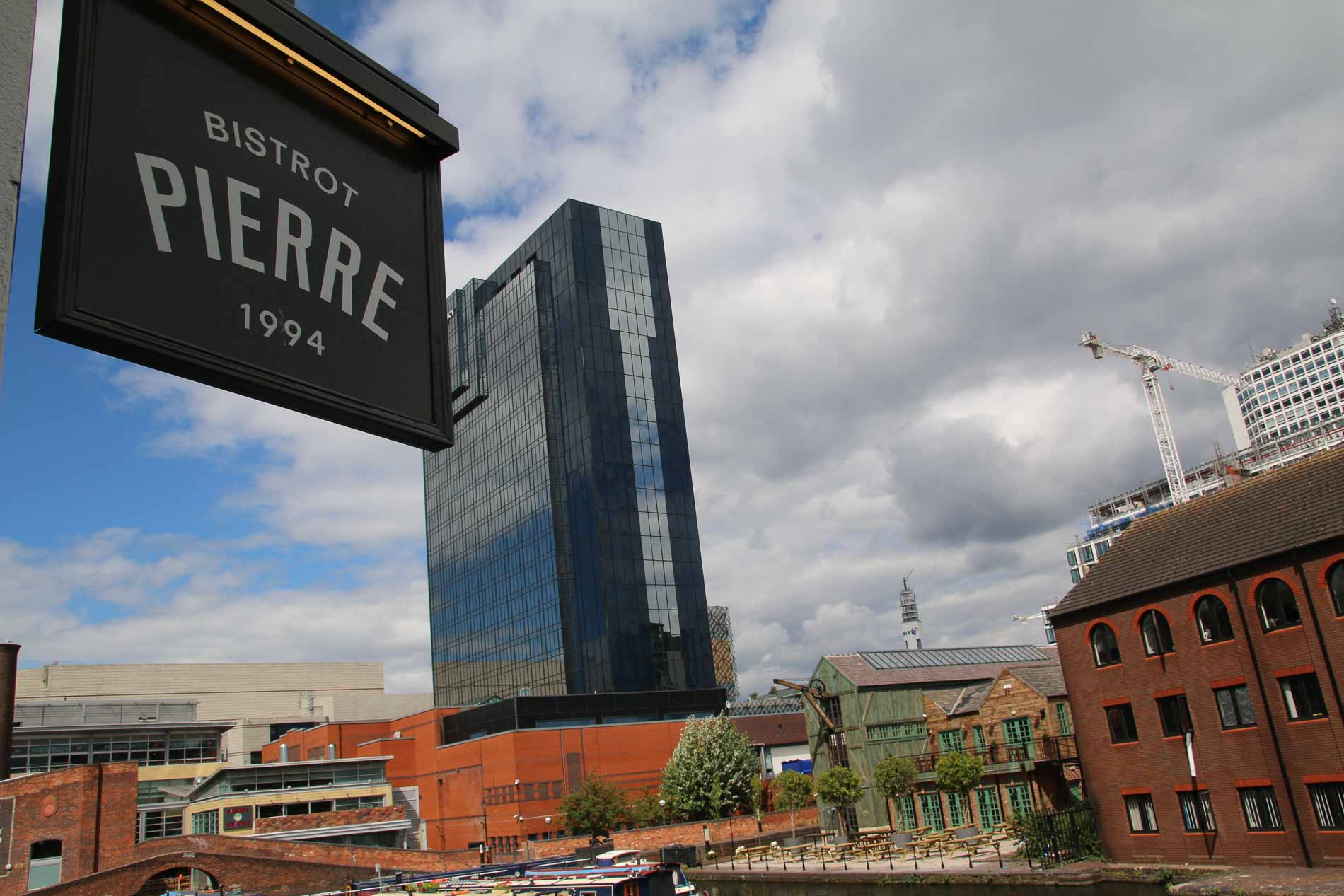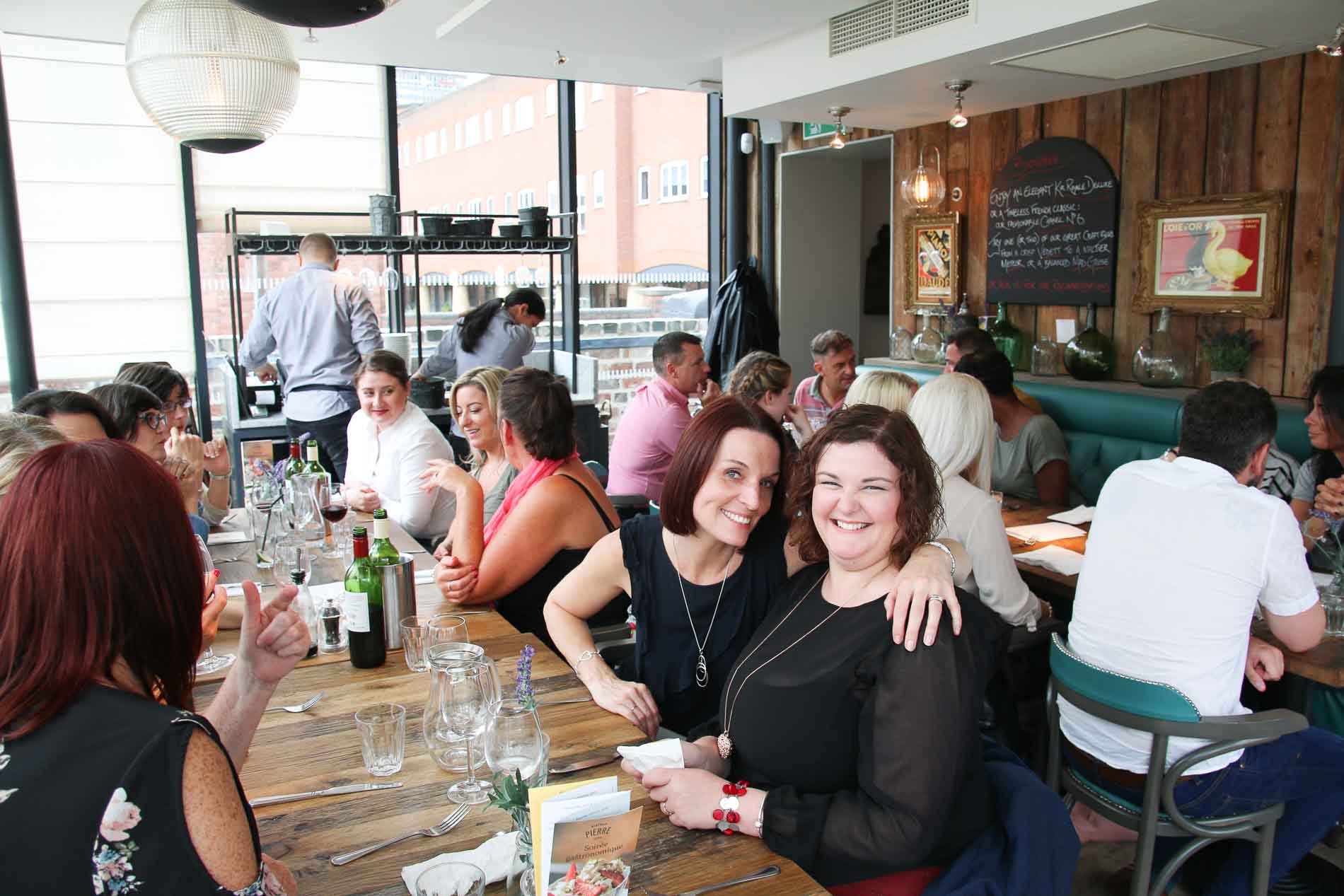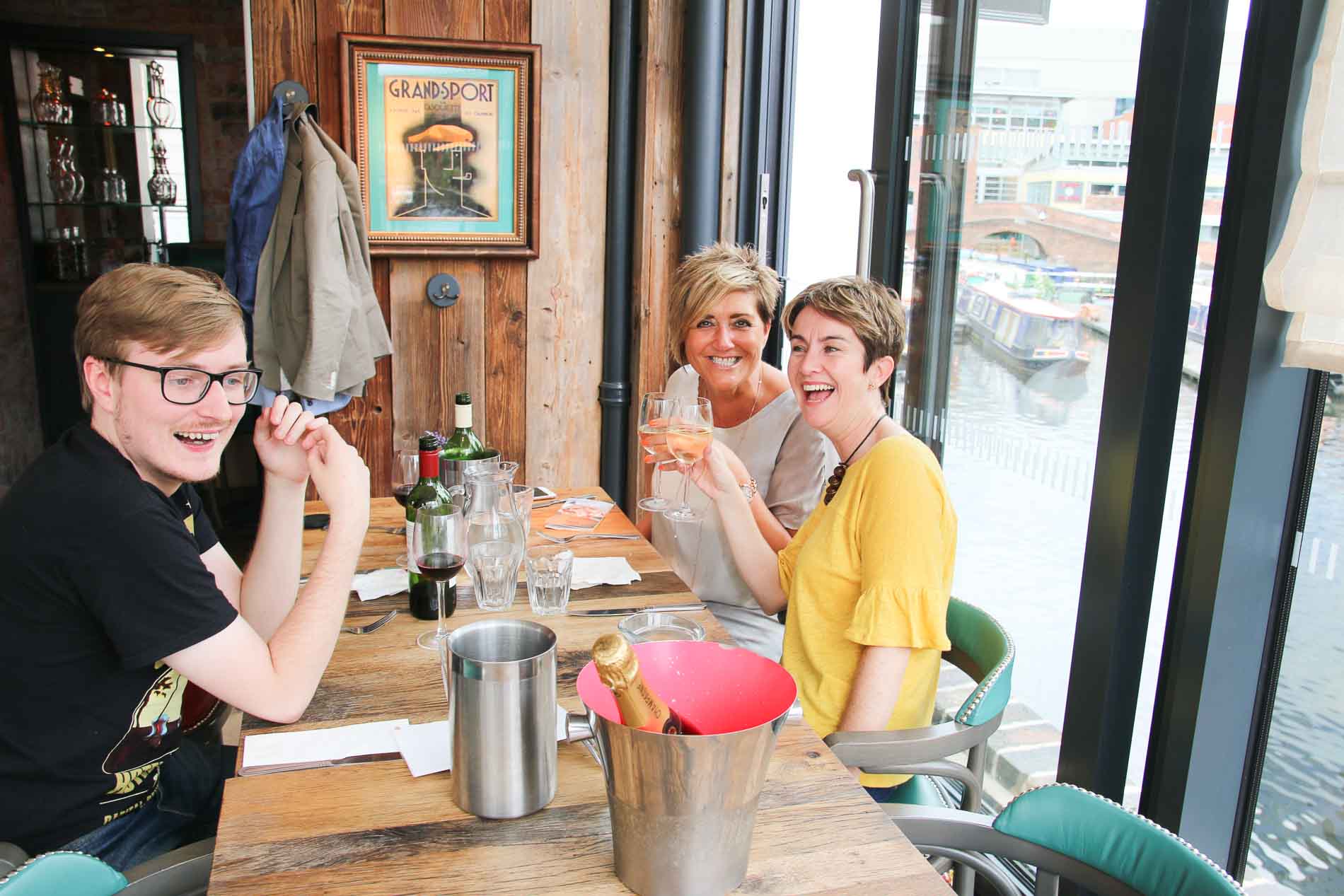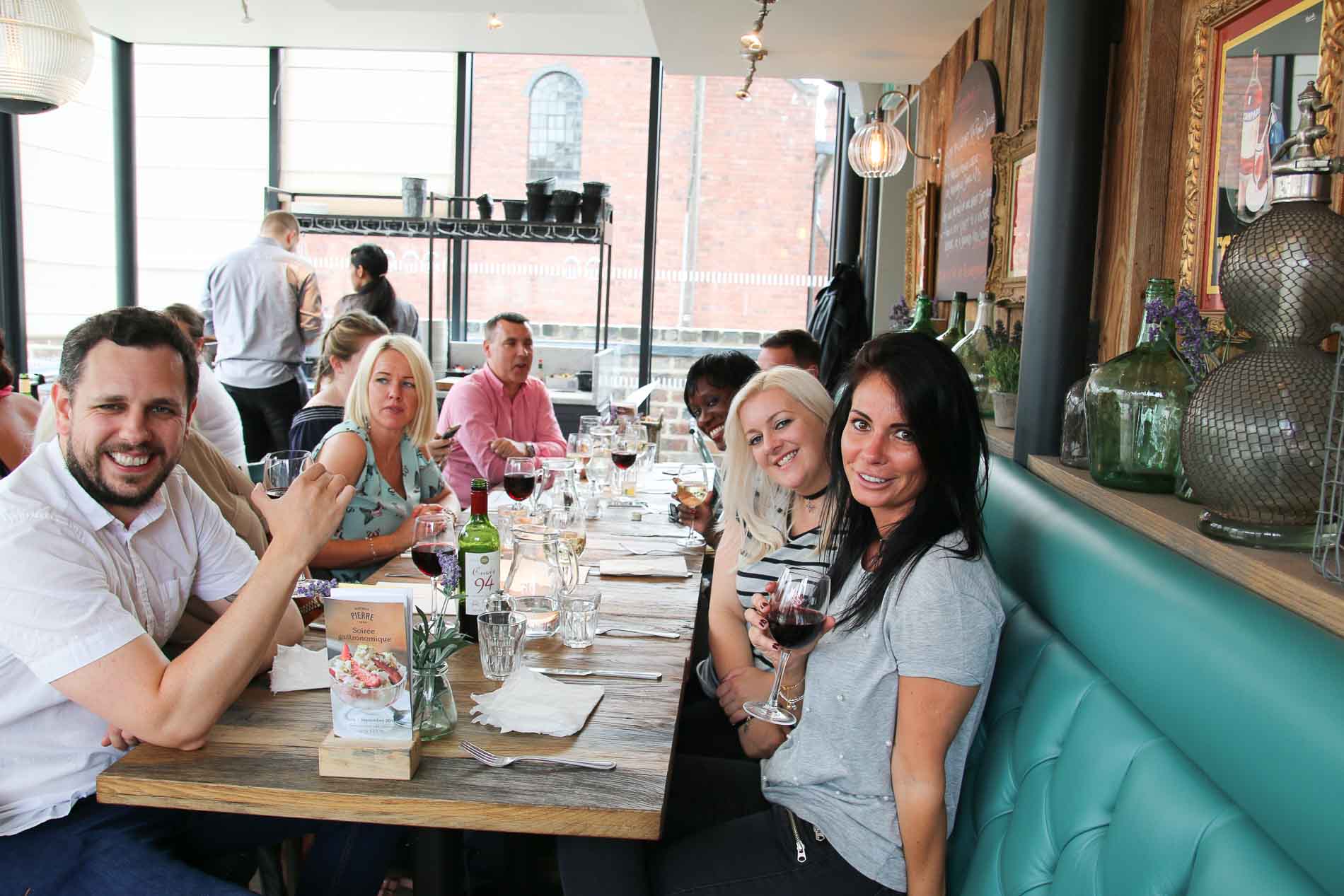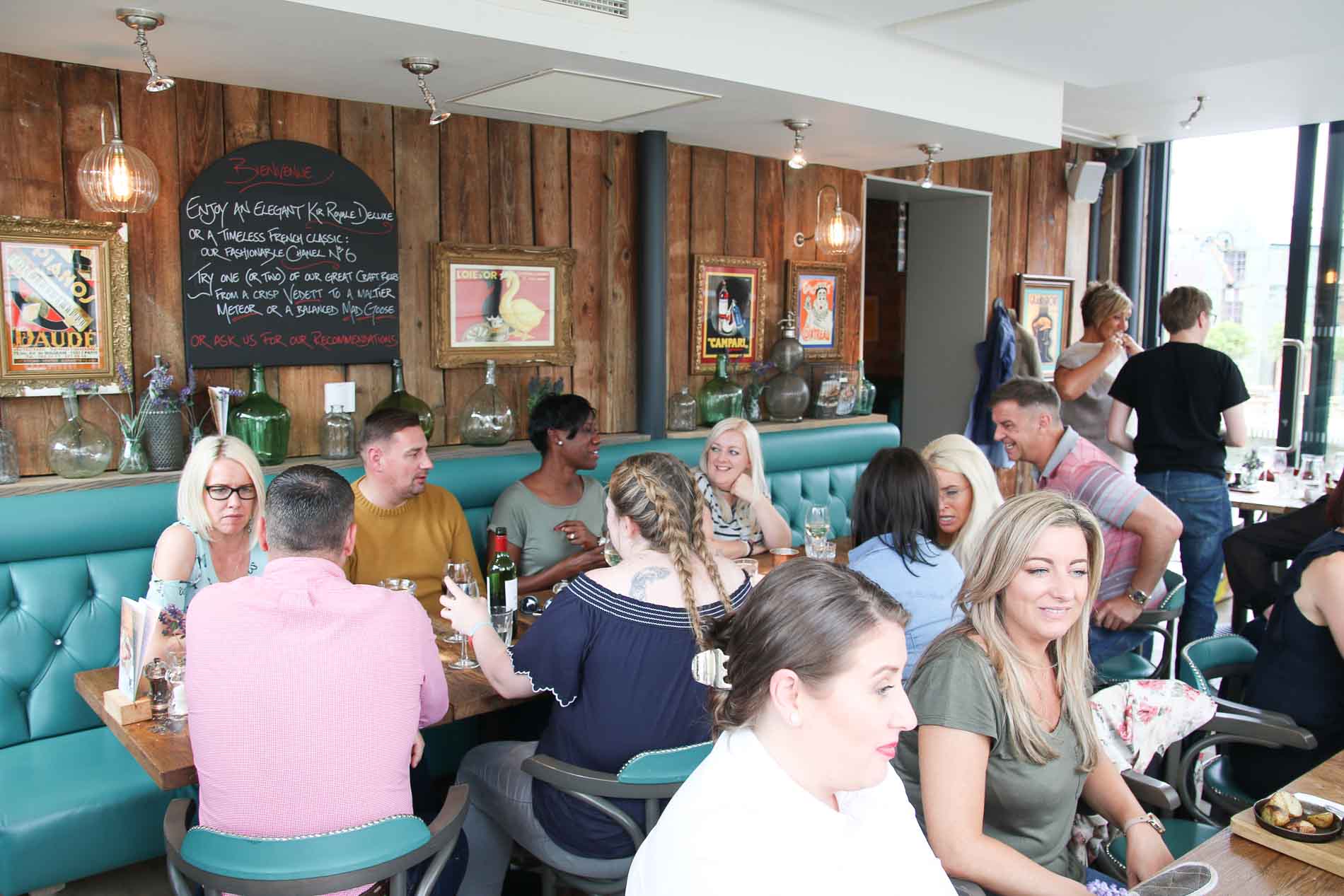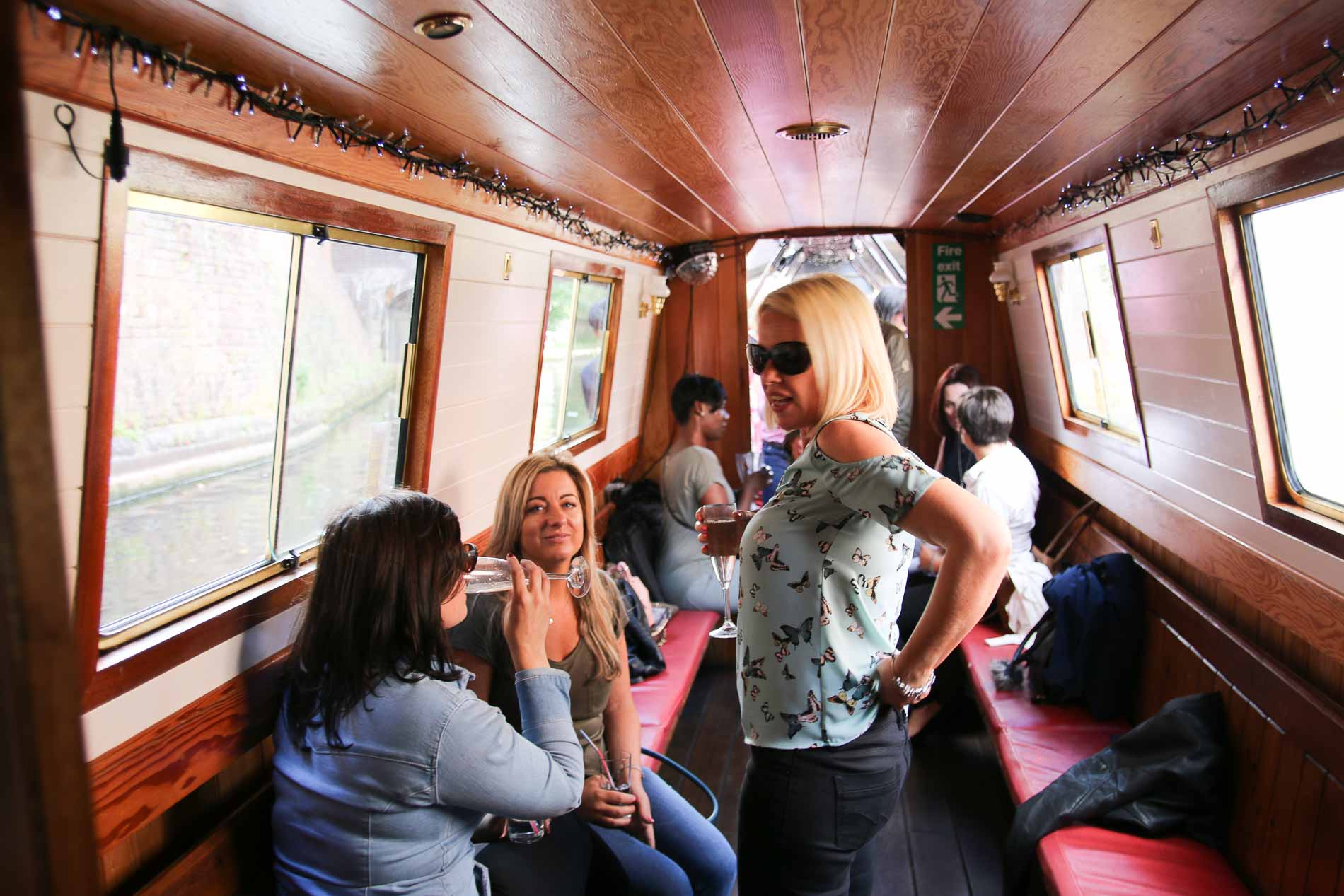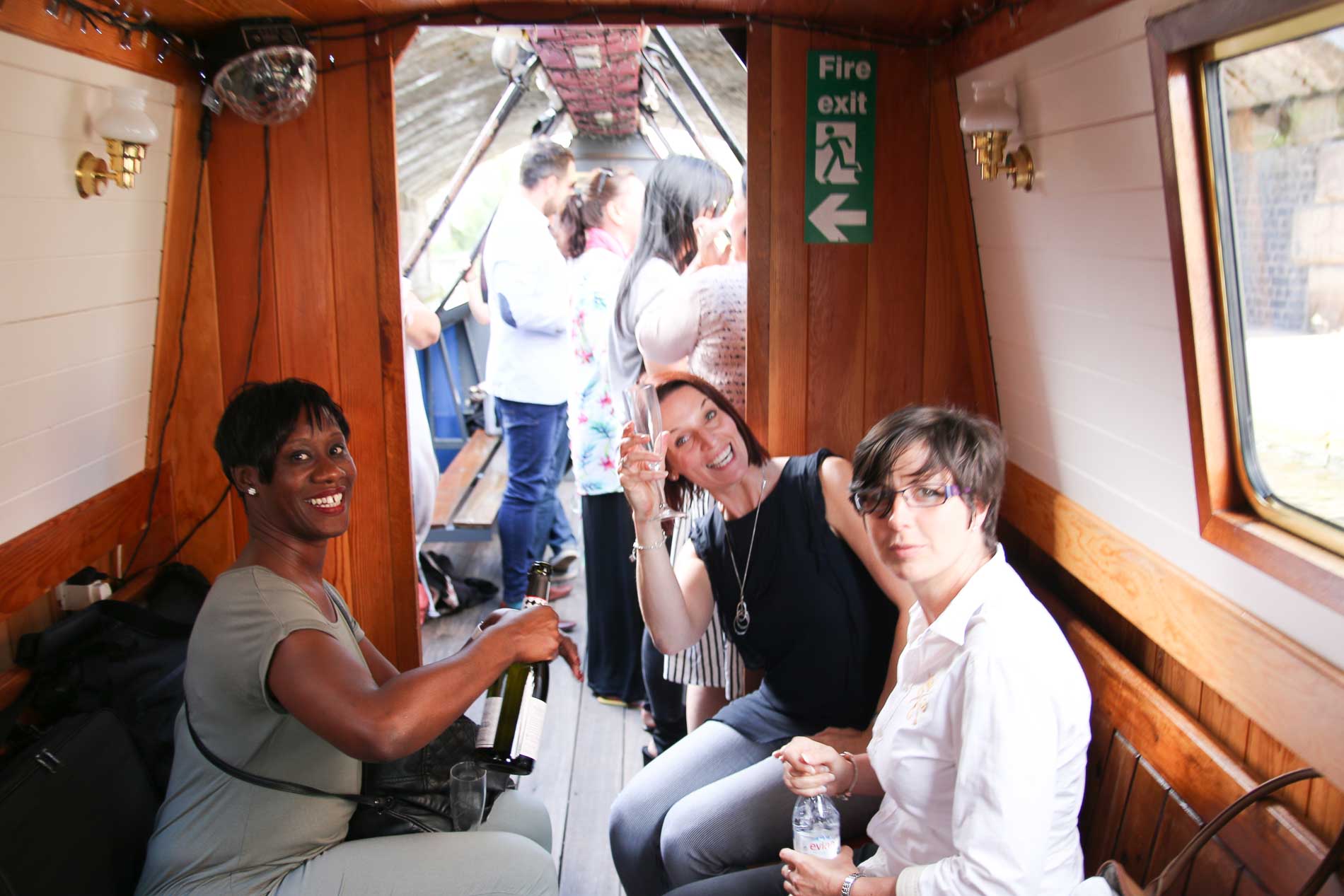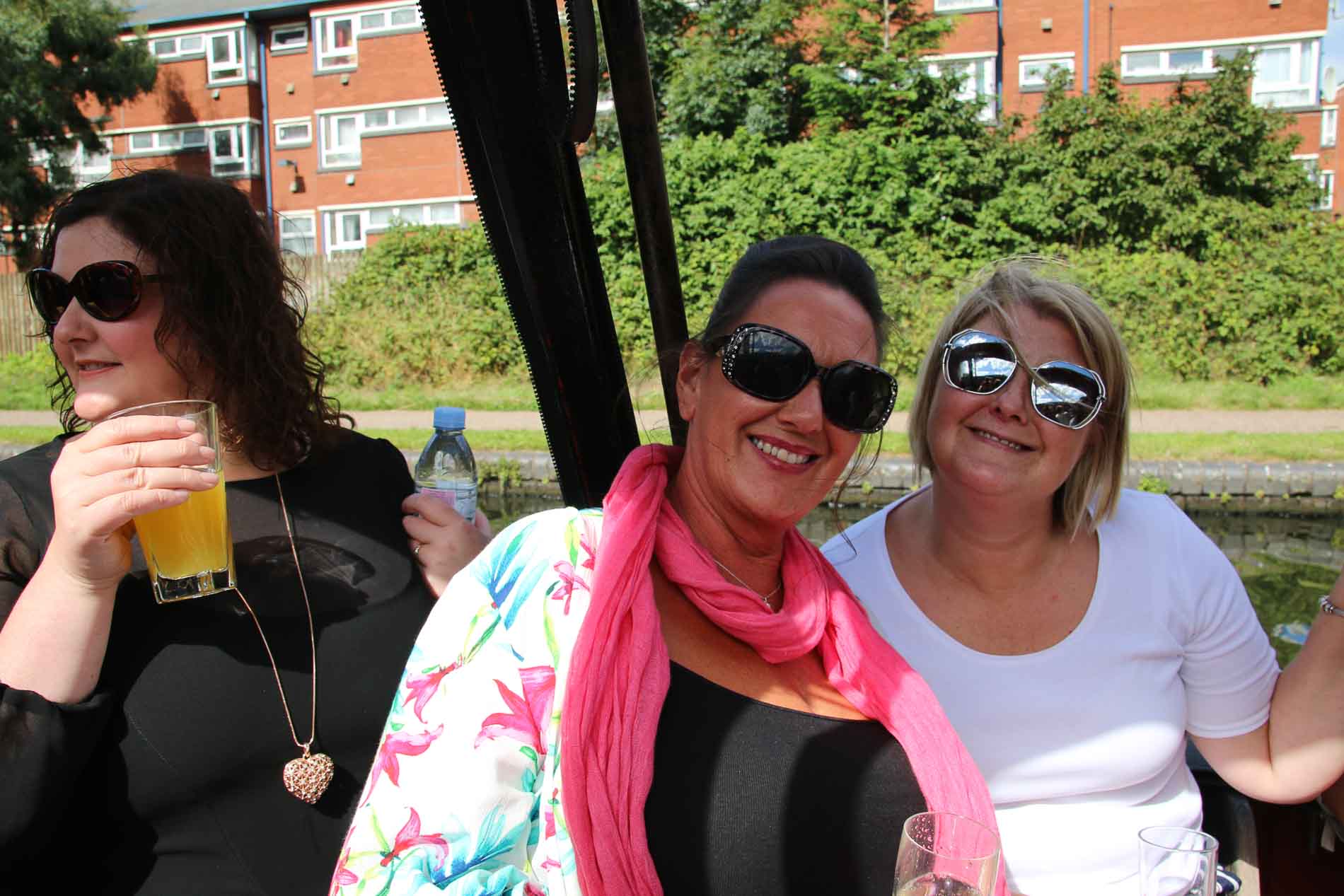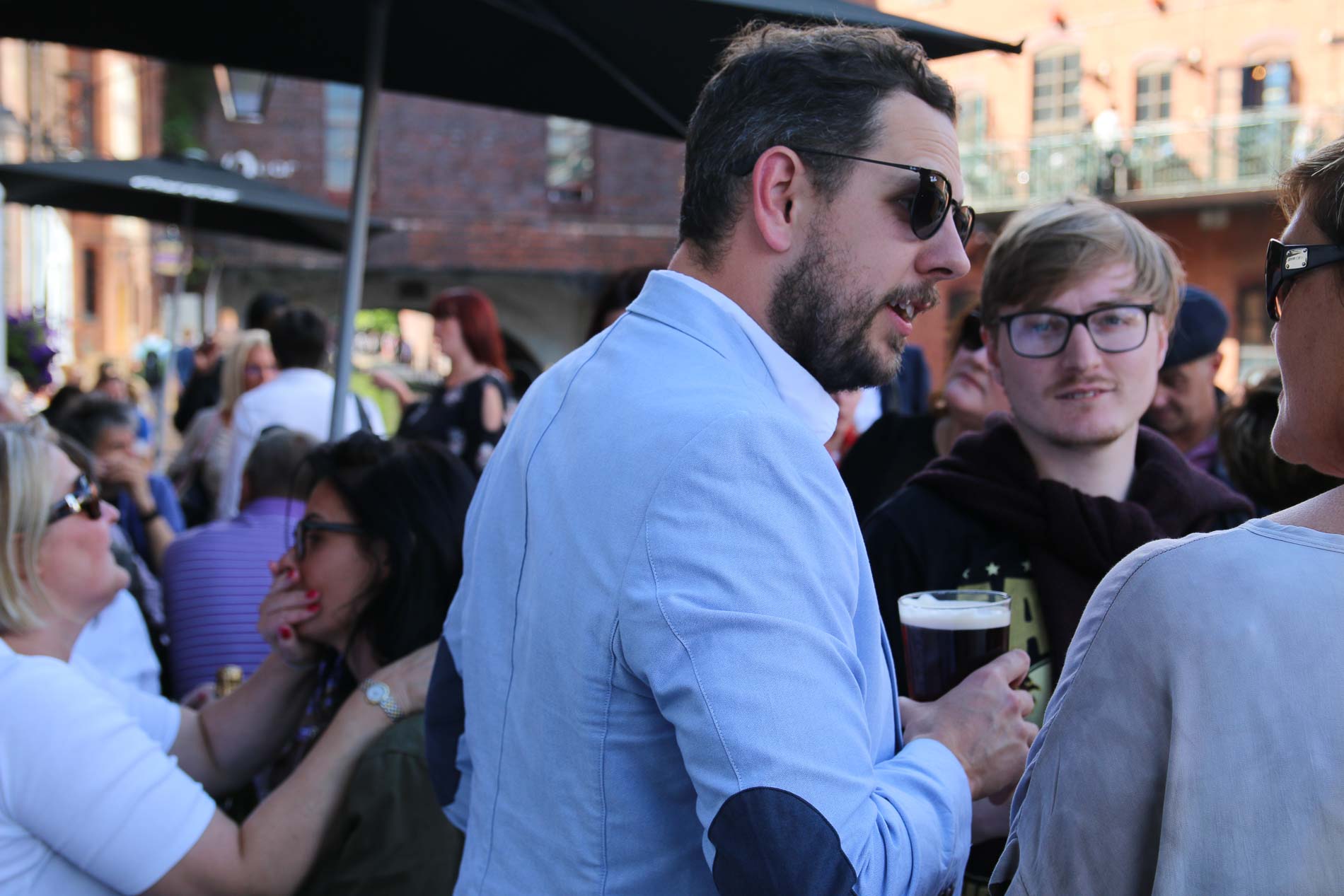January marks the start of the New Year, and with January events like London Textile Fair, Haute Couture and Fashion Showcase & Networking Night, it’s clear that 2018 is going to be a massive year for the fashion industry. We’ve listed the key events to look out for over the next year, so keep your eyes peeled and let us know which events you love!
February 2018
New York Fashion Week – Fall 2018
When? 8th February – 16th February.
Where? Mainly Skylight Clarkson Square and Industria in New York City.
London Fashion Week– Fall 2018
When? 16th February – 20th February.
Where? Mainly Brewer Street Car Park, Brewer Street, London W1F 0LA and Somerset House, London.
Fashion’s Finest LFW Show
When? 17th February.
Where? Grand Connaught Rooms 671-65 Queen’s Street Holborn, London WC2B 5DA.
Milan Fashion Week – Fall 2018
When? 21st February – 27th February.
Where? Various locations in Milan.
London Fashion Week Festival
When? 22nd-25th February.
Where? The Store Studios, 180 Strand, WC2R 1EA.
Paris Fashion Week– Fall 2018
When? 27th February – 6th March.
Where? All around Paris in different locations.
March 2018
StockXChange
When? 11th March – 12th March.
Where? ILEC Conference Centre, 47 Lillie Road, London, SW6 1UD.
Wearable Technology Show
When? 13th March – 14th March.
Where? Excel London, Royal Victoria, Dock, 1 Western Gateway London E16 1XL.
London Hat Week
When? 22nd March – 28th March.
Where? Various locations in London.
April 2018
Menswear Revolution: The Transformation of Contemporary Men’s Fashion
When? 5th April.
Where? Fashion and Textile Museum, 83 Bermondsey Street, London, SE1 3XF.
The Future of Textiles: Textile Art 2028
When? 19th April.
Where? Fashion and Textile Museum, 83 Bermondsey street, London SE1 3XF.
May 2018
Fashion and Textiles: A Designers Story
When? 3rd May.
Where? Fashion and Textile Museum, 83 Bermondsey Street, London, SE1 3XF.
Colleges Council Preview Day
When? 11th May.
Where? TBC.
IMATS
When? 19th May – 21st May.
Where? London Olympia, Hammersmith Road, Kensington, London, W14 8UX.
June 2018
London Fashion Week Mens
When? 8th June – 11th June.
Where? BFC Show Space, 180 The Strand, London WC2R 1EA.
The Beauty Exchange
When? 15th June.
Where? KPMG, 15 Canada Square, London, E14 5GL.
July 2018
The Fashion Exchange
When? 6th July 2018.
Where? KPMG, 15 Canada Square, London, E14 5GL.
September 2018
New York Fashion Week - Spring 2019
When? 6th September – 14th September.
Where? Mainly Skylight Clarkson Square and Industria in New York City.
Fashion Together
When? 11th – 18th September.
Where? 20 John Princes Street, London, W1G 0BJ.
London Fashion Week - Spring 2019
When? 14th September– 18th September.
Where? Mainly 180 Strand London WC2R 1EA, Somerset House and other locations within London.
Milan Fashion Week - Spring 2019
When? 19th September - 25th September.
Where? Various historic, open air and other venues in Milan.
Paris Fashion Week Spring - 2019
When? 25th September – 3rd October.
Where? In various galleries around Paris.
Ongoing Exhibitions














